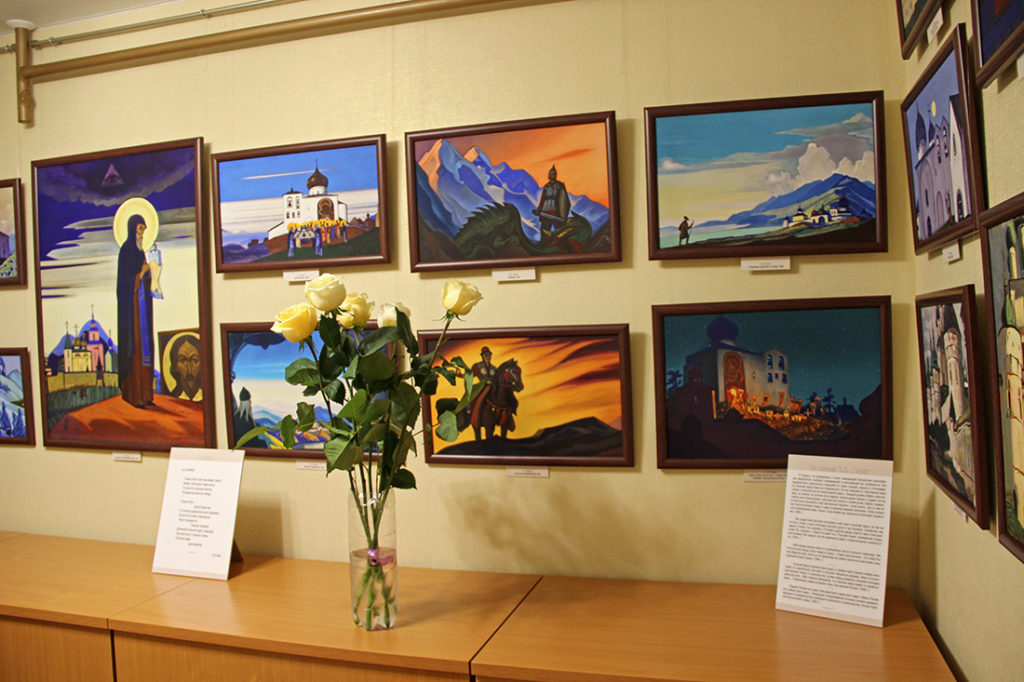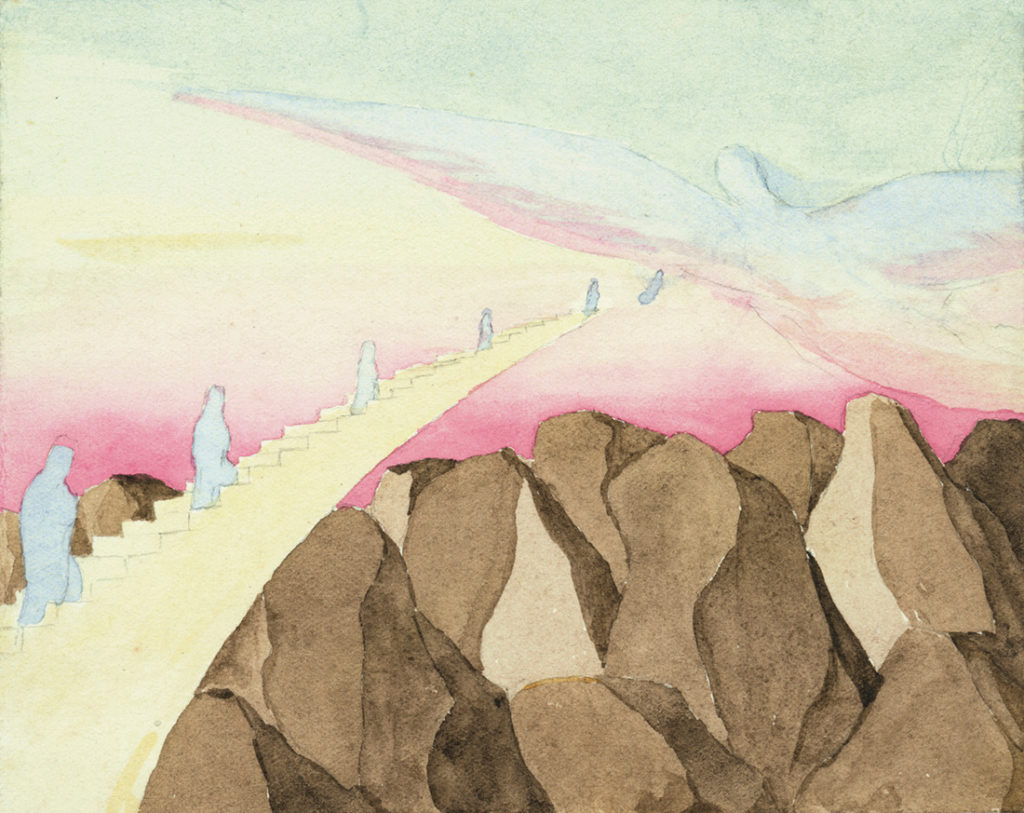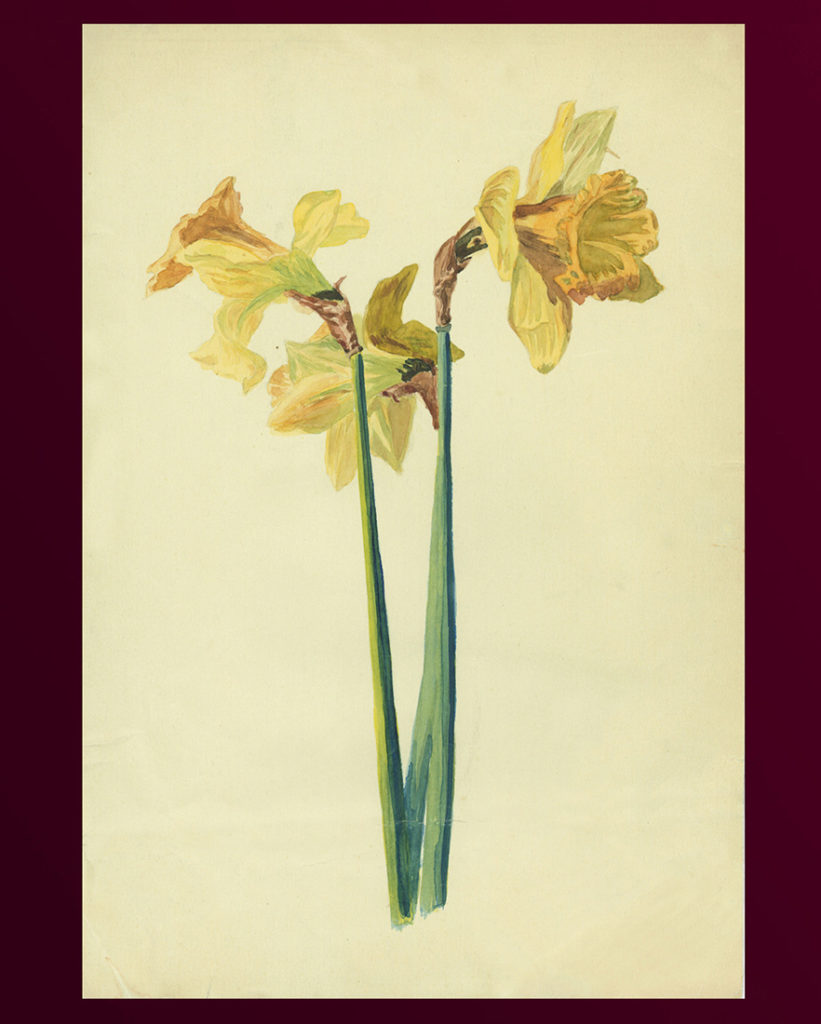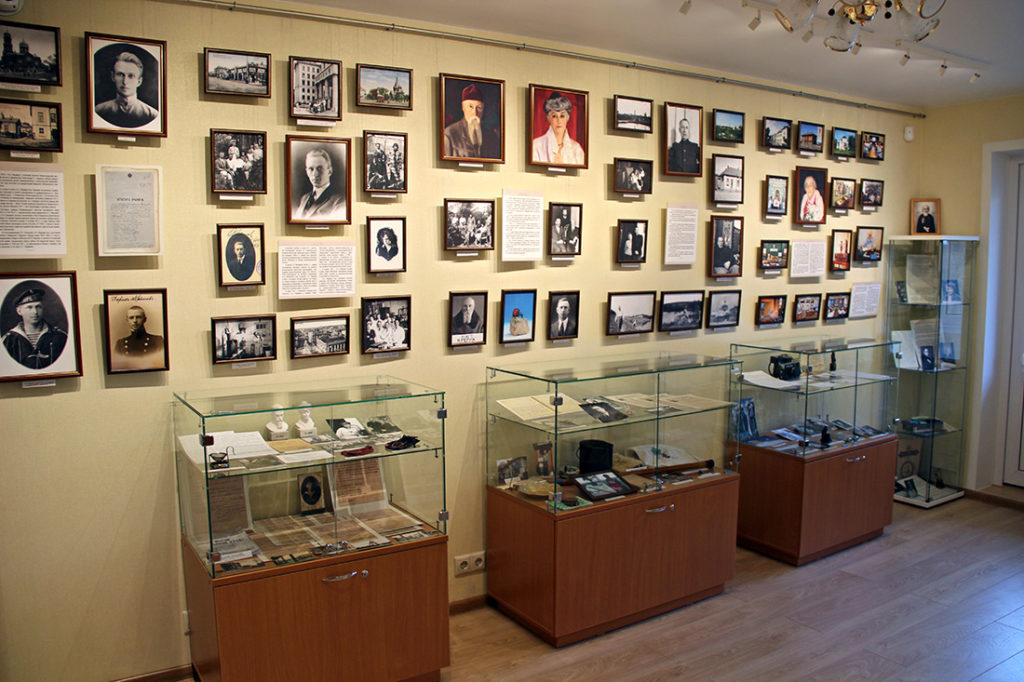The B.N. Abramov Museum
Tula region
Contact information
Tula region, Venev Sovetskaya ul, building 15, apt. 17
Tel.: +7 (910) 155-15-43 Vadim Vyacheslavovich, Tula; +7 (916) 520-07-37 Elena Gennadievna, Moscow
E-mail: cvetokachestv@mail.ru
Operating hours
By prior appointment from 9:00 to 19:00
Ticket price
Free
Museum founder and owner
The Siberian Roerich Society
Museum director
Olga Andreevna Olkhovaya
Founded
2017
In 1993, the first multi-volume moral-philosophical work of Boris Nikolaevich Abramov (1897-1972), the thinker and the spiritual student of N.K. Roerich and E.I. Roerich, was published in Russia for the first time. In subsequent years, his poems, stories, notes of his vocal works, watercolors, landscapes, and symbolic paintings, were released.
Born in Nizhny Novgorod, B.N. Abramov emigrated to Harbin, but at the call of his heart he returned to his homeland with his wife and from 1961, they lived in the city of Venev, in Tula Region. Instead of the wooden house in which they spent the last seven years of their lives, now stands a five-story residential building. In 2007, a memorial plaque was installed on its wall and in 2016, a park square named after B.N. Abramov was created near the building.
Since the late 1990s Abramov readings take place annually in Venev and over the years the idea of creating the B.N. Abramov Museum gained strength.
In July 2017, when the thinker’s 120th birthday was celebrated, the plaque was replaced with a new one, with a bas-relief (sculptor A.D. Leonov), and the country’s first museum dedicated to B.N. Abramov’s life and spiritual path was opened in one of the apartments in the building. It was founded by the Siberian Roerich Society in cooperation with the Tula Roerich Research Center and with the support of cultural figures from different cities.
The museum conducts fund, exposition, sightseeing, research, educational, and publishing activities. Video films and thematic presentations are shown there.
The museum exposition details the life of B.N. Abramov and the versatility of his creative work including philosophical, literary, musical, and picturesque aspects. The museum exhibits also present various aspects of the Roerich family’s social and creative activities.
The museum has formed a library of spiritual and philosophical literature on the issues of moral improvement and creativity.




